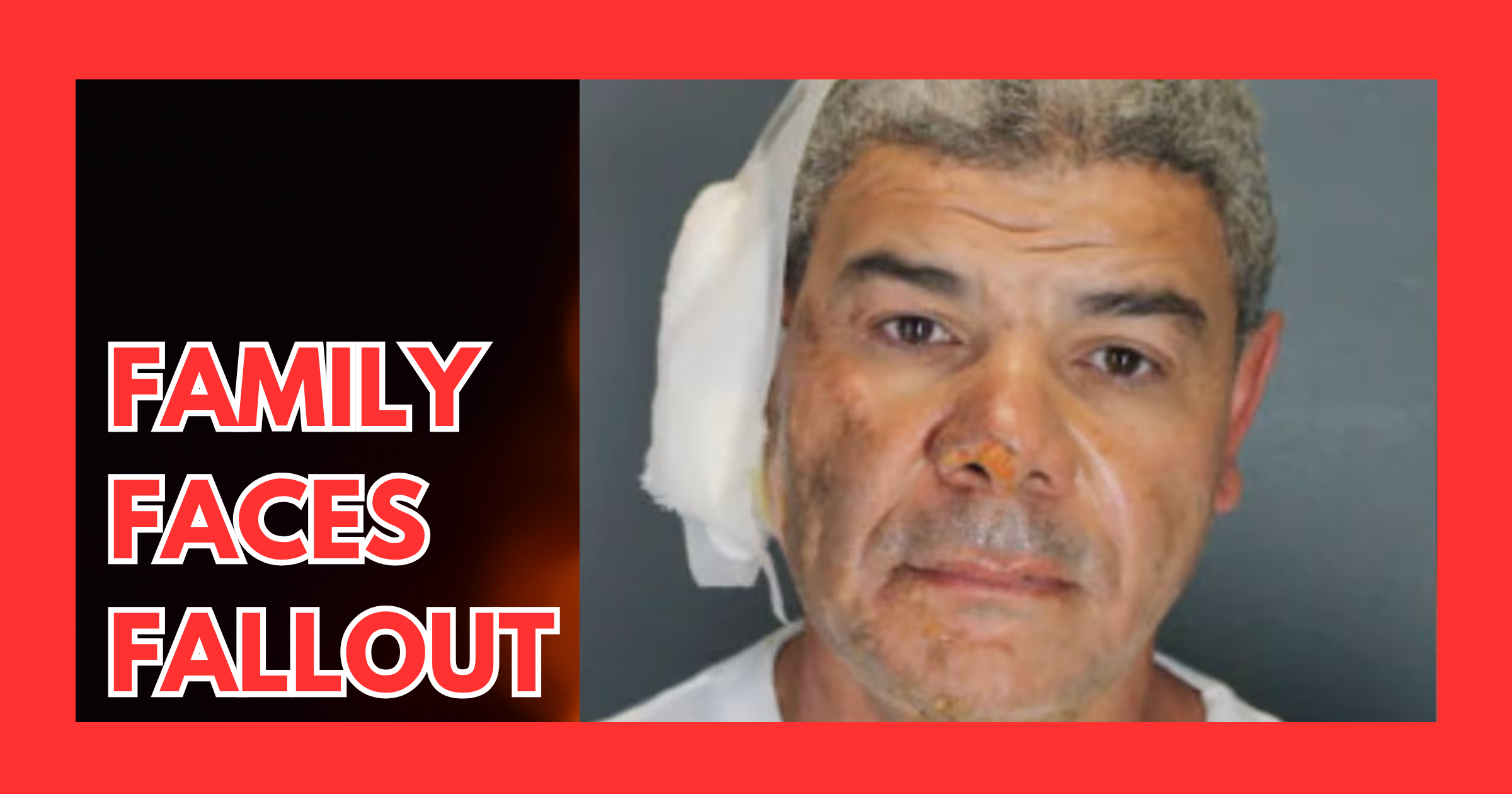
The Aftershock: A Family Faces Removal After a Terror Attack
by Met Middleson
June 4, 2025
Twelve people were injured when Mohamed Sabry Soliman threw firebombs into a pro-Israel rally in Boulder. In the days that followed, his wife and five children were taken into ICE custody. They have not been charged with any crime. But their visas were connected to Soliman’s pending asylum case, which was canceled after the attack. Now the government is preparing to deport them.
THE ATTACK
Witnesses say Soliman arrived at the Boulder rally dressed as a landscaper. He moved calmly through the crowd before throwing multiple Molotov cocktails and shouting “Free Palestine.” The explosion sent shrapnel and flame into the crowd, injuring twelve people, including a Holocaust survivor in her 80s.
Authorities later revealed the attack had been planned for more than a year. Soliman had visited the rally location several times in advance. Investigators believe he delayed the assault until after his daughter’s high school graduation. He was arrested later that evening in Colorado Springs.
WHO IS MOHAMED SOLIMAN?
Mohamed Soliman entered the United States legally in 2022 on a tourist visa. He applied for asylum a few weeks later, claiming he had been targeted by security forces in Egypt. While his application was pending, he was granted a temporary work permit that expired earlier this year.
He had been living in Colorado Springs with his wife and five children. Prosecutors say Soliman built homemade explosives in secret and studied the rally site in advance. He is now facing federal hate crime charges, attempted murder, and use of explosives. He is being held on a ten million dollar bond.
THE FAMILY DETENTION
Soon after Soliman’s arrest, federal agents detained his wife and their five children. They were taken into ICE custody and transferred to a facility outside Denver. According to the Department of Homeland Security, the entire family had been living in the United States legally through dependent visas tied to Soliman’s asylum case.
When that asylum case was terminated, their visas were automatically revoked. No one in the family has been charged with a crime. But because their legal status was connected to someone now accused of terrorism, immigration authorities moved quickly to begin removal proceedings.
THE LEGAL BASIS
The Department of Homeland Security states that the family’s visas were revoked because they were tied to Soliman’s now-terminated asylum application. Under U.S. immigration law, when an individual’s legal status is revoked, any derivative visas granted to family members can also be invalidated. . This allows immigration authorities to initiate expedited removal proceedings for those family members.
Expedited removal is a process that permits the swift deportation of non-citizens without a formal hearing before an immigration judge. It is typically applied to individuals who have been in the U.S. for less than two years and are found to be without legal status. In this case, the government has placed Soliman’s wife and children into expedited removal proceedings, citing the revocation of their visas as the basis.
While the family has not been charged with any crime, authorities are investigating whether they had prior knowledge of Soliman’s actions. However, under current immigration policies, such an investigation is not required to proceed with deportation if the individuals are found to be without valid legal status.
QUESTIONS OF POLICY
Federal officials have framed the deportation as a matter of national security. Homeland Security Secretary Kristi Noem said the government acted to remove anyone no longer authorized to remain in the country, especially in a case involving a suspected act of domestic terrorism. Legal experts agree that immigration authorities are within their rights to do so.
Still, the situation raises deeper questions. None of the family members have been accused of helping Soliman or knowing about the plot. Their removal hinges not on criminal behavior, but on a visa relationship that no longer exists. For some, that looks like a necessary step to protect the country. For others, it looks like punishment by association.
The firebombing shocked a community. The response is now testing the boundaries of immigration law, national security, and fairness. The facts are clear. A man committed an act of violence. His family, legally present until that moment, now faces removal. What remains less clear is whether their departure will be seen as justice or as something entirely different.



